Skip over navigation
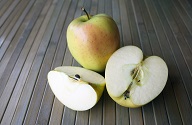
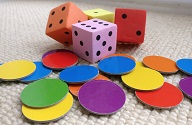
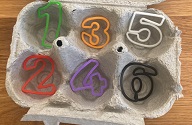
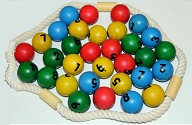
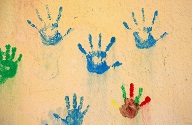
Or search by topic
Number and algebra
Geometry and measure
Probability and statistics
Working mathematically
Advanced mathematics
For younger learners
Dice
Age 3 to 5
Counting, matching numerals and amounts





Children often enjoy rolling dice, particularly large ones.
Adults could provoke children's thinking by suggesting an appropriate challenge, for example, “Roll the dice, take that number of teddies out of the box and put them around the picnic table.”
The Activity
Join with a group of children who are already rolling the dice and show how they can use the dice in order to choose the number of teddies/dolls etc. to join them for the picnic/tea party (perhaps in the role play area).
Join with a group of children who are already rolling the dice and show how they can use the dice in order to choose the number of teddies/dolls etc. to join them for the picnic/tea party (perhaps in the role play area).
Encouraging mathematical thinking and reasoning:
Describing
Tell me what the dice says.
Tell me about the teddy you've got to choose.
Tell me what the dice says.
Tell me about the teddy you've got to choose.
Reasoning
Have we got room for any more teddies?
Have we got enough teddies?
Have we got room for any more teddies?
Have we got enough teddies?
Opening Out
Could we play this game with something else?
Is that more than/less than/the same as your last roll?
Could we play this game with something else?
Is that more than/less than/the same as your last roll?
Recording
How can you show how many teddies there are round the table?
What would you like to take a photograph of?
How can you show how many teddies there are round the table?
What would you like to take a photograph of?
The Mathematical Journey
Counting:
- saying one number for each object
- remembering the pattern of the number sequence
- understanding cardinality i.e. that the last number gives the total
Matching numerals and amounts:
- reading numerals/interpreting dots with the purpose of seeing how many there should be
- comparing the value of numerals
Development and Variation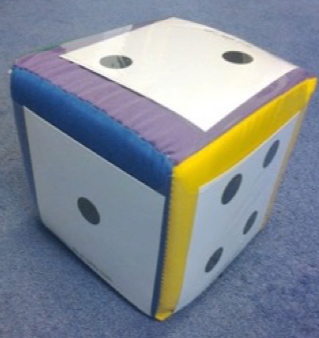
A precursory activity might be to use just a coloured dice and ask children to find items which match the colour thrown.
As a follow-up activity, invite three groups of children to focus on three different collections. For example: cars, building blocks and farm animals. One child rolls the dice and each group selects that number from their collection. You could then provoke discussion between the three groups.
Ask children what they would do with two dice, one with dots and one with colours, which are rolled at the same time.

A precursory activity might be to use just a coloured dice and ask children to find items which match the colour thrown.
As a follow-up activity, invite three groups of children to focus on three different collections. For example: cars, building blocks and farm animals. One child rolls the dice and each group selects that number from their collection. You could then provoke discussion between the three groups.
Ask children what they would do with two dice, one with dots and one with colours, which are rolled at the same time.
Resources
Large dice (with dots/numerals/colours).
If possible, large dice with replaceable faces, for use with children who are only confident with numbers 1-3, for example.
Easy access to the usual collections found in your setting e.g. teddies/building bricks/cars etc.
Large dice (with dots/numerals/colours).
If possible, large dice with replaceable faces, for use with children who are only confident with numbers 1-3, for example.
Easy access to the usual collections found in your setting e.g. teddies/building bricks/cars etc.
Download a PDF of this resource.


